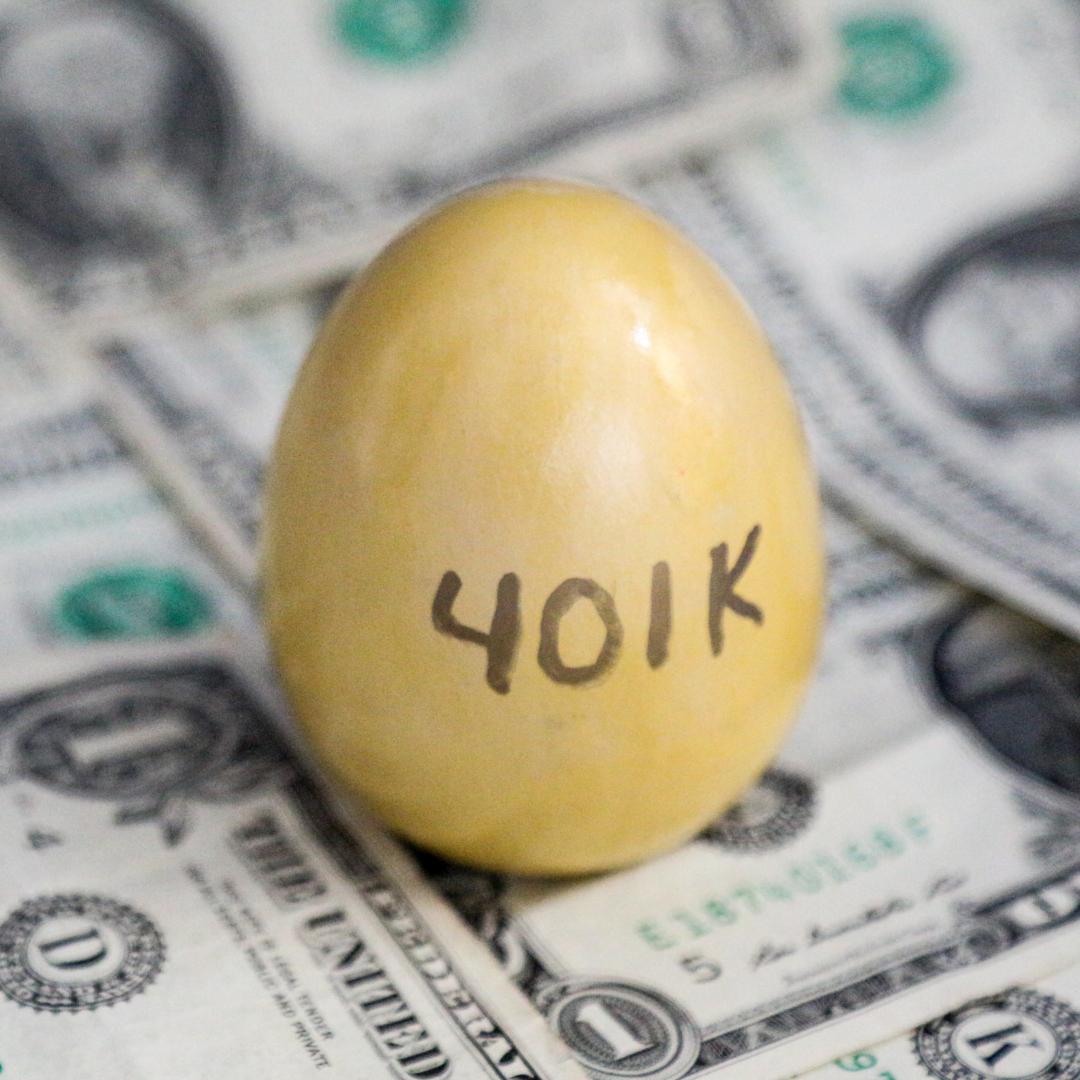What To Know Before Starting A 401K

Retirement planning – something we all might have to do one day or the other. While there are multiple ways in which you can start , 401k plans are a great way for you to start saving for retirement. They can help you avoid the high fees that come with traditional plans and help you invest in a way that is best for you.
Be it 401k plans or your intent to move into an active adult community near Easton after your retirement – planning is key. If you choose to go down the route of 401k plans, however, here are some of the most common questions that people ask.
Tips for Setting Up a 401K for Your Business
What is a 401k Retirement Plan?
401K stands for “Deferred Profit Sharing Plan”. This type of retirement plan is a way of saving money for your retirement. A 401K account holds your employer’s contributions, which are given to you in the form of a tax-deferred savings plan. The employer will deduct a percentage, tax-free, from the money they pay you and put that money into your 401K account. You do not have to worry about paying taxes on that money until you withdraw it later as long as your 401K is held for at least 5 years.
How to Maximize Your Contributions to Your Business’ Retirement Plan
Most people start a 401(k) plan, but few understand it. A comprehensive guide available at www.myretirementpaycheck.org/ and similar portals let you learn about this retirement savings plan and taxes and Social Security, so you can make informed decisions about whether to enroll, how to choose a plan, and how to maximize your contributions.
One of the most important rules to get right is the amount of money you put into your 401(k) or other employer-sponsored retirement plans when it comes to saving for retirement. If the amount is too low, you could end up not having enough funds to take care of yourself when you retire, which means the only thing you can do is live off of Social Security payments. On the other hand, if you don’t save enough, your employer may be able to make up the difference-and often, they will.
Tax Benefits of Setting Up Your Own 401k for the Company
The one benefit you can’t get from a traditional 401k is the tax deduction. If you don’t have enough money saved up and contribute to the account before the end of the year, you won’t get the deduction. So, how can you maximize tax benefits? By setting up your own 401k. You can have your company fund a 401k just for you, but you’ll have to pay for the administration and maintenance of the account yourself. You’ll also pay taxes on the earnings, but if the plan is set upright, you’ll be able to take a tax deduction for the contributions you make.
If you’re the boss, you may already know that there’s a lot to think about when it comes to your 401k plan. First, you should check to make sure the plan is offered through your employer. Then, you should review how much you’re contributing, how much your employer is contributing, whether there is an employer matching contributions on your behalf, and whether there are limits on what you can contribute.
How to Increase Profits and Decrease Expenses with a 401K Plan
A 401k plan is a retirement savings plan offered by employers that allow employees to contribute a portion of their paychecks before taxes and defer tax on the contributions until they are withdrawn. It may be possible to use the money saved by using this plan for a more fulfilling retirement life, which may include travel, living in a senior community (such as those you can learn more about here), paying for medical treatments, or funding daily living expenses. Since it’s a tax-deferred plan, your money is free from the tax penalty when it’s withdrawn. However, that’s not where its advantages end. 401k plans provide several additional benefits over traditional IRAs. For one, a 401k allows the employer to match a portion of your contribution up to a certain amount. So, not only is the government matching the initial contribution, but the employer is also helping to pay for half of it.
A 401(k) is a savings plan that allows workers to have a set amount of money put aside each month before taxes. It is a good retirement option because it allows the consumer to save money before it is taxed. Employers usually match contributions, which means the employee can save more. Once the employee reaches the company’s retirement age (usually between the ages of 55 and 65), the 401(k) plan is subject to income limits. In other words, the employee can’t earn more than a certain amount before the 401(k) plan stops paying out. However, in some cases, employees may have to experience a loss due to a market crash. To prevent such conditions, people tend to rollover 401(k) to silver metals, so that the investments in the 401(k) account can be pegged with a silver metal’s price-that is low fluctuating.
Conclusion:
When it comes to saving for retirement, everyone wants to know what to do. That’s understandable because lots of people don’t know the big picture when it comes to retirement. The truth is that the majority of people don’t even have a plan for their future. Many won’t even think about it until it’s too late.
